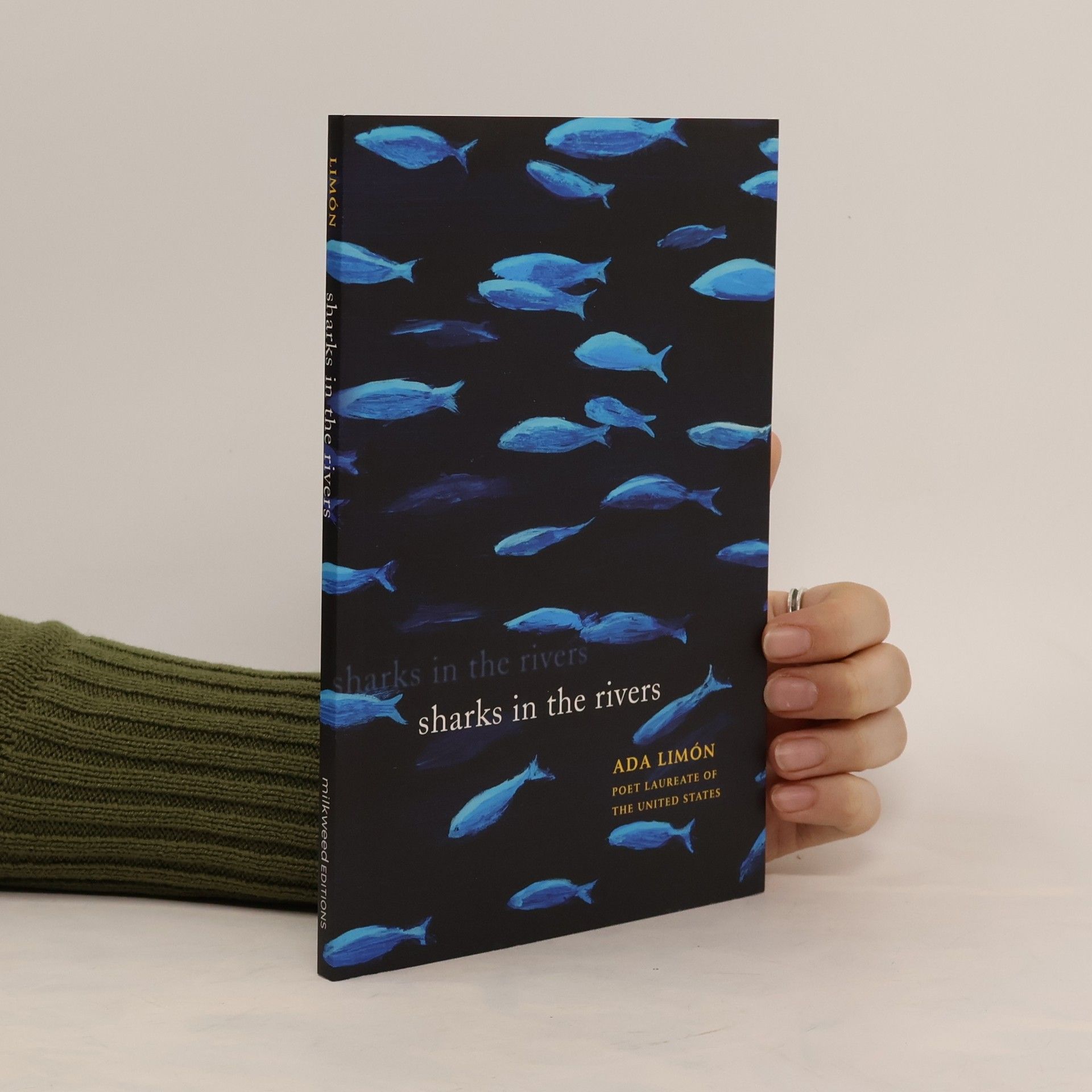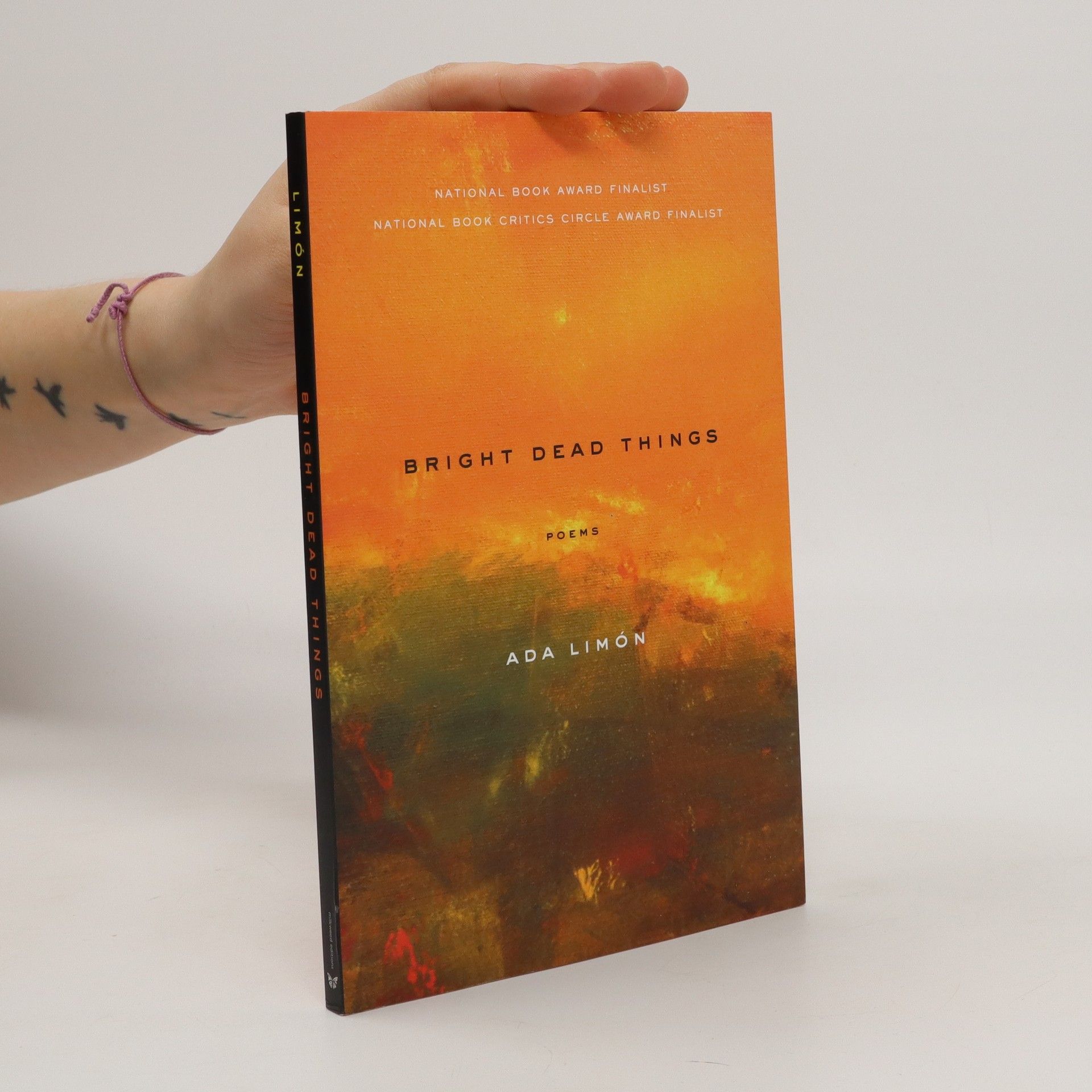The Carrying
- 95pages
- 4 heures de lecture
[Ada Lim n's] new collection is her best yet, a much needed shot of if not hope, then perseverance amidst much uncertainty. --NPR
Ada Limón est une poétesse américaine contemporaine dont les œuvres explorent les liens profonds entre la nature et l'expérience humaine. Sa poésie se caractérise par une introspection perspicace et un langage sensoriel qui attire les lecteurs dans le paysage intime de ses vers. L'écriture de Limón oscille souvent entre la vulnérabilité et la force, trouvant la beauté dans les observations quotidiennes et révélant des vérités universelles sur l'amour, la perte et la quête d'appartenance. Son style unique et son approche franche de son art en font l'une des voix les plus importantes de la poésie américaine contemporaine.





[Ada Lim n's] new collection is her best yet, a much needed shot of if not hope, then perseverance amidst much uncertainty. --NPR
A collection about interconnectedness - between the human and nonhuman, ancestors and ourselves
After the loss of her stepmother to cancer, Ada Limón chose to quit her job with a major travel magazine in New York, move to the mountains of Kentucky, and disappear. Yet, in the wake of death and massive transition, she found unexpected love, both for a man and for a place, all the while uncovering the core unity between death and beauty that drives our world. I am beautiful. I am full of love. I am dying,” the author writes. It's this narrative of transformation and acceptance that suffuses these poems. Unflinching and unafraid, Limón takes her reader on a journey into the most complex and dynamic realms of existence and identity, all while tracing a clear narrative of renewal. Throughout, the poet lulls us into the security of her lines, only to cut into us where we least expect it. This is not New York and I am not important,” she writes midway through a poem about her new home. A poem opens with the revelation that Six horses died in a tractor-trailer fire. / There, that's the hard part. I wanted / to tell you straight away so we could / grieve together.”Bright Dead Things examines the chaos that is life, the dangerous thrill of living in a world you know you have to leave one day, and the search to find something that is ultimately disorderly, and marvelous, and ours.”
Looking to shipwrecks on the television, road trips ending in traffic accidents, and homes that become sites of infestation, Ada Limón finds threads of hope amid an array of small tragedies and significant setbacks
From Ada Limón, an extraordinary collection—at once urbane and earthy—that navigates the thoroughfares and tributaries of human nature.The speaker in Sharks in the Rivers finds herself multiply dislocated: from her childhood in California, from her family’s roots in Mexico, from a dying parent, from her prior self. The world is always in motion—both toward and away from us—and it is also full of risk: from sharks unexpectedly lurking beneath estuarial rivers to the dangers of New York City, where, as Limón reminds us, even rats can find themselves trapped by the garbage cans they’ve crawled into. In such a world, how should one proceed?Throughout these poems, Limón suggests that we must cleave to the world as it “keep[s] opening before us,” for, if we pay attention, we can be one with its complex, ephemeral, and beautiful strangeness. Loss is perpetual, and each person’s mouth “is the same / mouth as everyone’s, all trying to say the same thing.” For Limón, it’s the saying—individual and collective—that transforms each of us into “a wound overcome by wonder,” that allows “the wind itself” to be our “own wild whisper.”